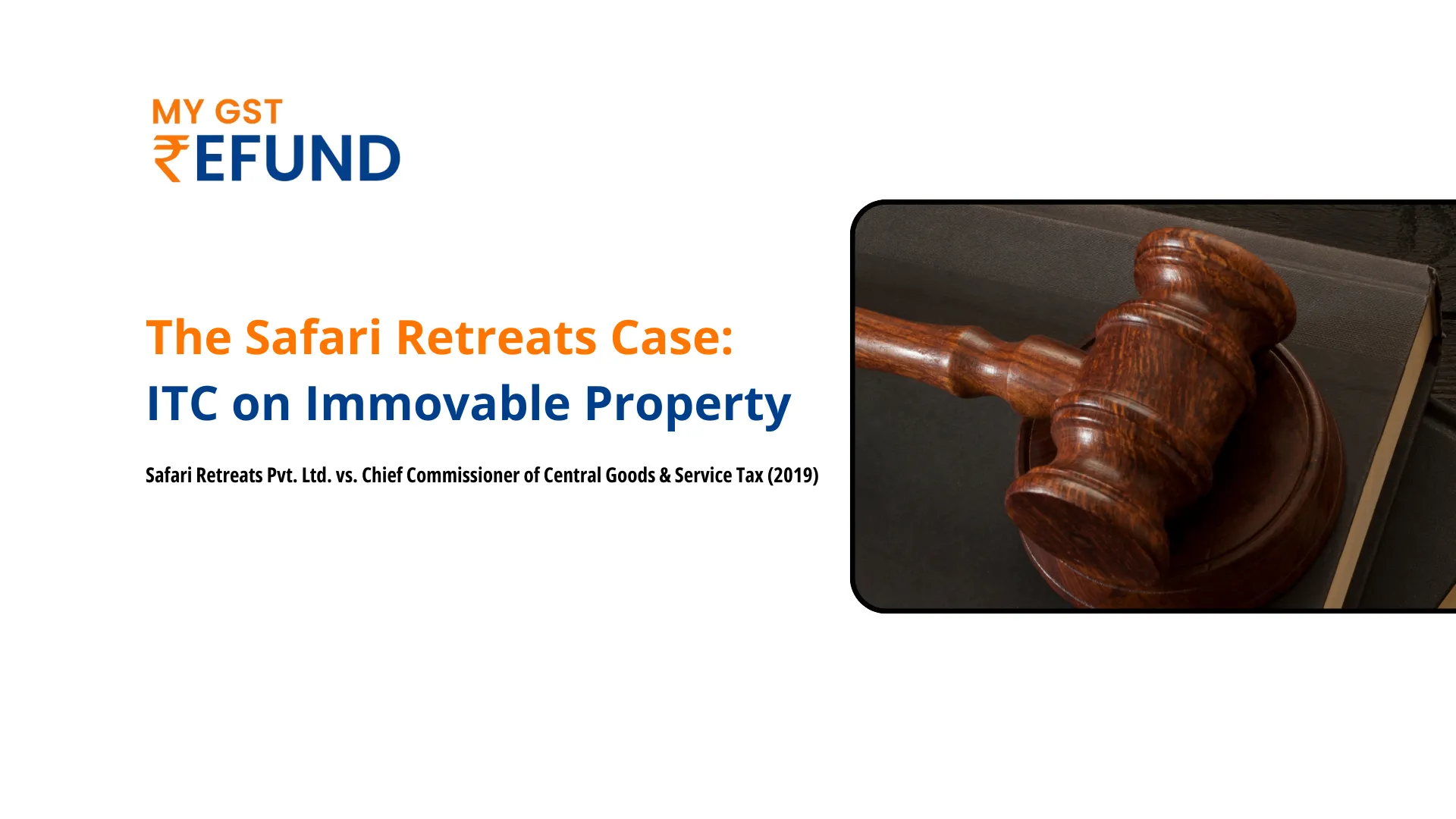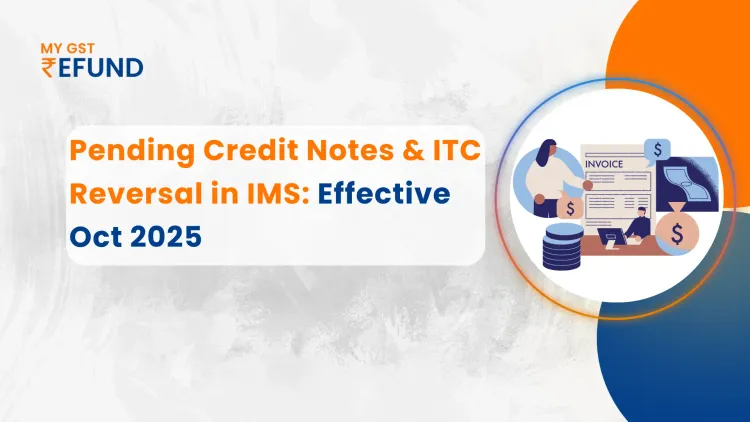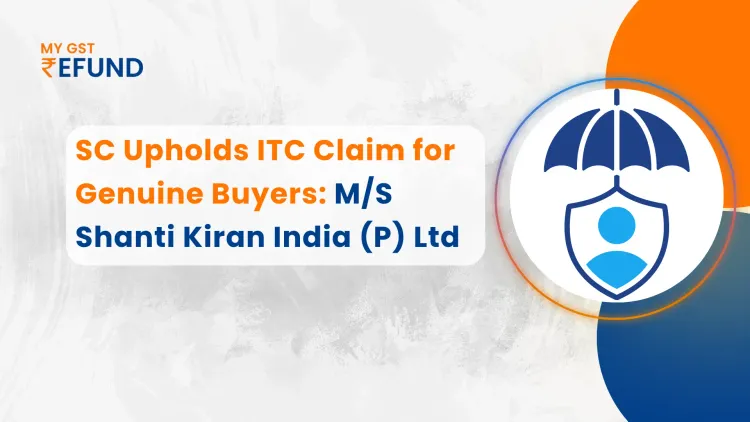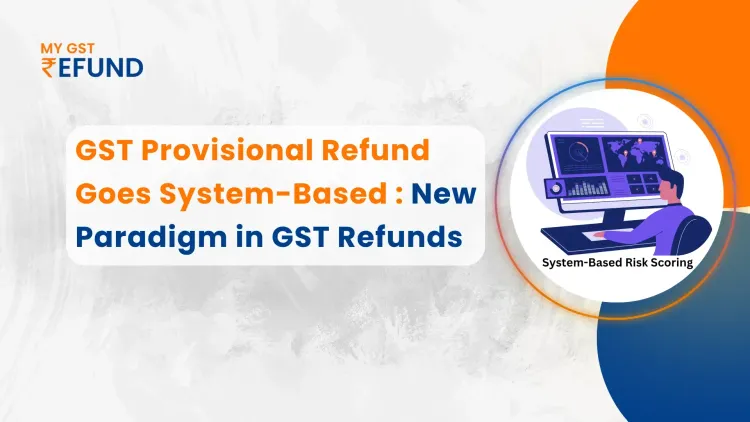Safari Retreats Case: ITC on Immovable Property
Dispute:
The case involved a builder who constructed a building for renting out and sought ITC on goods and services used in construction. Safari Retreats challenged the denial of GST credits for construction-related expenses under section 17 (5) (d).
Relevant Legal Provision based on which ITC is Disallowed:
1. 17(5)(c) of CGST Act: works contract services when supplied for construction of an immovable property (other than plant and machinery) except where it is an input service for further supply of works contract service
2. 17(5)(d) of CGST Act: goods or services or both received by a taxable person for construction of an immovable property (other than plant or machinery) on his own account including when such goods or services or both are used in the course or furtherance of business.
Definition of “Plant and Machinery” in the Explanation to Section 17(5):
Plant and Machinery means apparatus, equipment, and machinery fixed to earth by foundation or structural support that are used for making outward supply of goods or services or both and includes such foundation and structural supports but excludes
(i) land, building or any other civil structures; (ii) telecommunication towers; and (iii) pipelines laid outside the factory premises.
Orissa High Court Decision:
The court sided with the company, reading down section 17 (5) (d) to allow credits. The High Court held that if the assessee is required to pay GST on the rental income from the mall, it is entitled to ITC on the GST paid on construction of the mall. It was held that the narrow interpretation given by the Department to Section 17(5)(d) would frustrate the very object of the Act.
Broad Issues for Consideration by Hon’ble Supreme Court:
1. Whether the definition of “Plant and Machinery” in the explanation appended to Section 17 of the CGST Act applies to the expression “Plant or Machinery” used in Clause (d) of Sub-Section (5) of Section 17?
2. If it is held that the explanation does not apply to “Plant or Machinery”, what is the meaning of the word “Plant”?
3. Whether Clauses (c) and (d) of Section 17 (5) and Section 16 (4) of the CGST Act are unconstitutional?
Key Points from the ruling by Hon’ble Supreme Court:
1. Constitutional validity of Section 17(5)(c) and Section 17(5)(d): The Supreme Court upheld the constitutionality of the aforementioned sections, ruling that ITC on construction of immovable property is rightly restricted under the law. [Para 57-63]
2. Interpretation of 'Plant or Machinery': The court clarified that the term "plant or machinery" in Section 17(5)(d) should not be equated with the definition provided in the Explanation to Section 17(5). [Para 43-46]
3. Classification of Buildings: The classification of building such as malls or warehouses as 'plant' is deemed a factual determination. This classification must consider the nature of the registered person's business and the building's essential role within that business. [Para 56]
4. Functionality Test: A functionality test will be applied to assess whether a building qualifies as a 'plant' under Section 17(5)(d) of the CGST Act. If a building is constructed for activities like renting or leasing that fall under the clauses of Schedule II, it may be classified as a plant. The same test will be applied to warehouses or other buildings except hotels and cinema theatres. [Para 52-56]
5. ‘Renting’ and ‘Leasing’ deemed as ‘taxable Supply’: The Court held that renting or leasing immovable property is deemed to be a supply of service as per GST, and it can be taxed as output supply. Therefore, if the building in which the premises are situated qualifies for the definition of plant, ITC can be allowed on goods and services used in setting up the immovable property, which is a plant. [Para 55]
6. Remand of Cases: The court has remanded cases where the High Court previously read down the provision, instructing a reassessment based on this ruling. Other cases will also require a factual examination in light of the new interpretation. [Para 66]
Impact on Businesses
1. This ruling is significant as it impacts real estate developers and businesses involved in leasing/renting constructed properties. Developers can claim ITC on construction expenses, leading to reduced costs and increased investment.
2. Tenants may receive lower rents and more options, while the government may see reduced GST revenue from construction activities.
3. While it confirms the restrictions on ITC under GST, it leaves room for future legal challenges regarding tax cascading and the broader purpose of the GST law.
Way Forward
Practical Steps for Businesses:
1. Review of ITC Positions: Businesses should reassess their ITC Claims particularly those involving construction-related expenses for the FY 2023-24 in light of this ruling as the last date to claim the ITC is 30th November 2024 and the same is approaching soon. Therefore, it is advisable to claim ITC pertaining to the afore-mentioned period and not utilize it until Orissa HC judgement on functionality test comes.
2. Documentation and Evidence: Maintain thorough documentation to support the functional use of buildings and factories as part of business operations in order to assess whether the building comes under the purview of definition of ‘plant’.
3. Compliance and Litigation: Engage with tax professionals to ensure compliance and in case of ongoing litigation, make additional submissions.
What to Expect
1. Next GST Council Meeting (December 21, 2024):
The Council will consider the Law Committee's suggestions and make a decision on whether ITC would be available on immovable property or not.
2. Policy Changes:
- Proposed amendments to the CGST Act to make clear the provisions of ITC.
- Implementation of sector-wise guidelines for ITC in respect of construction expenditure.
3. Litigation Trends:
Until such legislative changes are made, disputes over ITC on immovable property will continue to arise in courts.
Also Read : HC Quashes Rule 89(5) Amendment Circular; Refund Benefits
Related Posts








